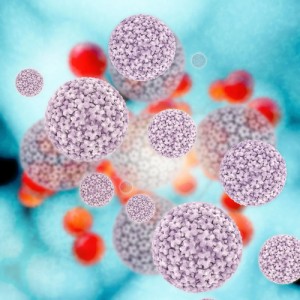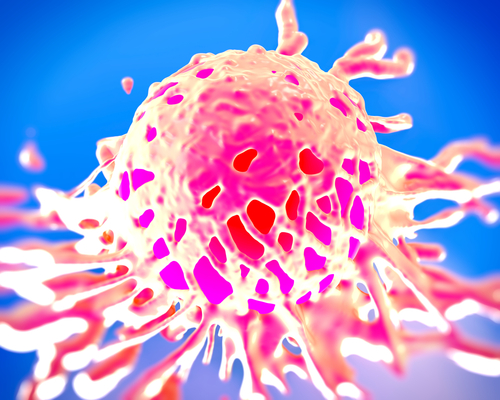 Researchers have discovered a novel subpopulation of regulatory T cells that could be used as an early diagnostic biomarker of susceptibility to allergic diseases and could play an important role in the treatment of several types of cancer.
Researchers have discovered a novel subpopulation of regulatory T cells that could be used as an early diagnostic biomarker of susceptibility to allergic diseases and could play an important role in the treatment of several types of cancer.
This study, entitled “Protein kinase CK2 enables regulatory T cells to suppress excessive TH2 responses in vivo” was published in Nature Immunology by Dr. Alexander Ulges, first author of the study, and led by Professor Edgar Schmitt and Professor Tobias Bopp, both co-senior authors from the Institute for Immunology, University Medical Center of the Johannes Gutenberg-University in Mainz, Germany.
Regulatory T cells (Tregs) are a subpopulation of T cells which modulate the immune system by controlling several physiological and pathological immune responses, including anti-microbial and anti-tumoral, along with transplantation immunity. Previous studies with mouse models have suggested that Treg modulation can be used to treat autoimmune diseases and cancer, and can improve organ transplantation.
In healthy individuals, the interaction between mucosal surfaces in the lungs and allergenic substances leads to the activation of regulatory T cells, preventing the development of allergies. However, under pathological conditions the regulatory function of these cells may be altered, leading to the development of atopic diseases, such as allergic asthma.
In this study, the research team discovered a sub-population of regulatory T cells that can be identified by a molecule known as immunoglobulin-like transcript 3 (ILT3), a protein expressed on the surface of these cells. Researchers suggest that ILT3 may work as a “brake,” inactivating the regulatory function of Treg cells and leading to exacerbated immune responses. Additionally, the researchers found that in Tregs, ILT3 is regulated by the protein kinase CK2.
“This insight has massive potential, not only when it comes to the treatment of allergies. This could also represent an important starting point for the development of innovative approaches to the therapy of autoimmune diseases, tumors, and chronic infections,” Professor Hansjörg Schild, head of the research center at Mainz University, explained in a news release.


